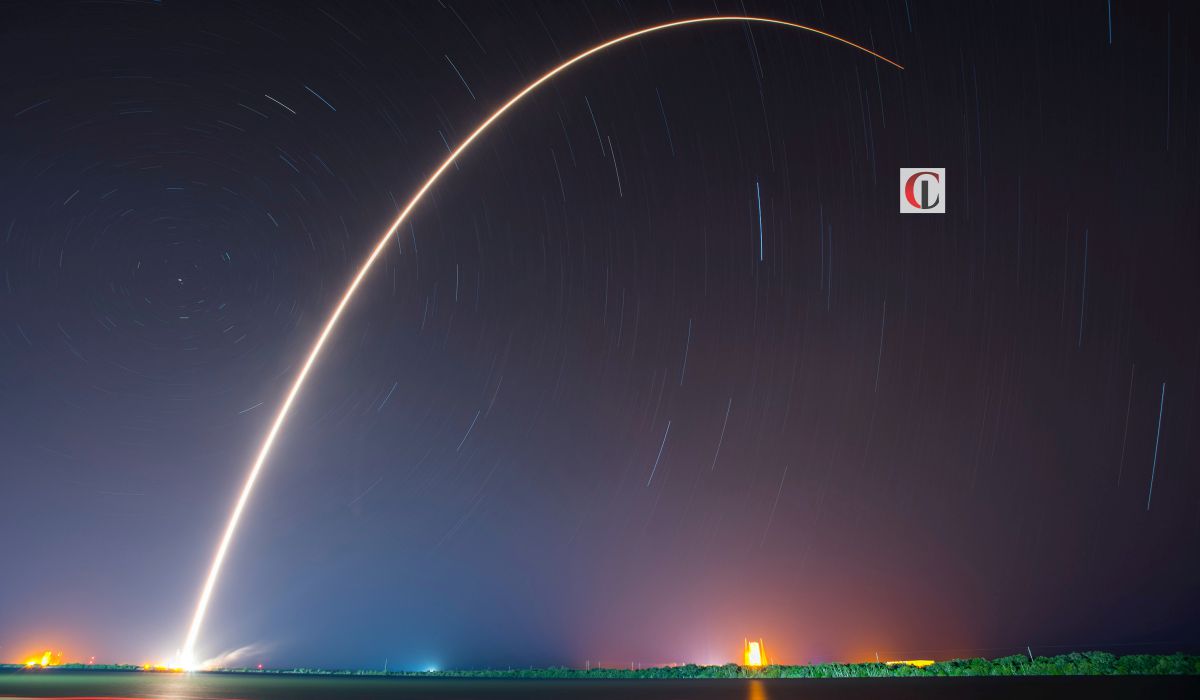The Department of Transportation is likely to question SpaceX about the basic type of services it wants to provide in India, as well as the spectrum bands it plans to use and the international satellite bandwidth it would use to provide high-speed internet services.
The telecommunications department is expected to write to SpaceX, urging the company to share details of its India plans in order to decide if it requires both ISP and VSAT (very small aperture terminal) service authorisations under unified licence (UL) regulations, or only one, to provide high-speed satellite internet services in the country. “DoT has no objections to SpaceX providing the Starlink satellite internet service in India,” a government official told ET, “but it must follow the laws of the land and obtain a required licence and other authorizations before offering the service to Indian consumers.”
According to its website, the company plans to launch a maze of satellites into orbit in 2022 to provide internet access to Indian users. The Department of Transportation is likely to question SpaceX about the basic type of services it wants to provide in India, as well as the spectrum bands it plans to use and the international satellite bandwidth it would use to provide high-speed internet services. The Department of Transportation is also likely to enquire about whether SpaceX needs to apply to the Indian National Space Promotion & Authorisation Centre (IN-SPACe) for landing rights to use signals from international satellites in India for satellite internet services.
IN-SPACe is a newly created central regulatory body within the Department of State tasked with attracting private capital to the space sector and levelling the playing field for private sector firms. All of this comes after an industry group representing some of SpaceX’s global competitors, including Bharti-backed OneWeb, Amazon, and Hughes, asked the government last month to prevent SpaceX from pre-selling the Starlink beta services to Indian customers, claiming that the latter lacked the required licence or authorization.
Meanwhile, on the global level, a verbal brawl has erupted over the alleged near-collision of Starlink and OneWeb satellites. OneWeb is said to have accused SpaceX of spreading misleading information about the companies’ satellites almost colliding recently. OneWeb, on the other hand, is said to have stood by its remarks “as reported in the papers.”
As of Thursday afternoon, neither SpaceX nor OneWeb had responded to ET’s inquiries. Queries to the Department of Transportation were also unanswered.
| Read More: Click Here |








